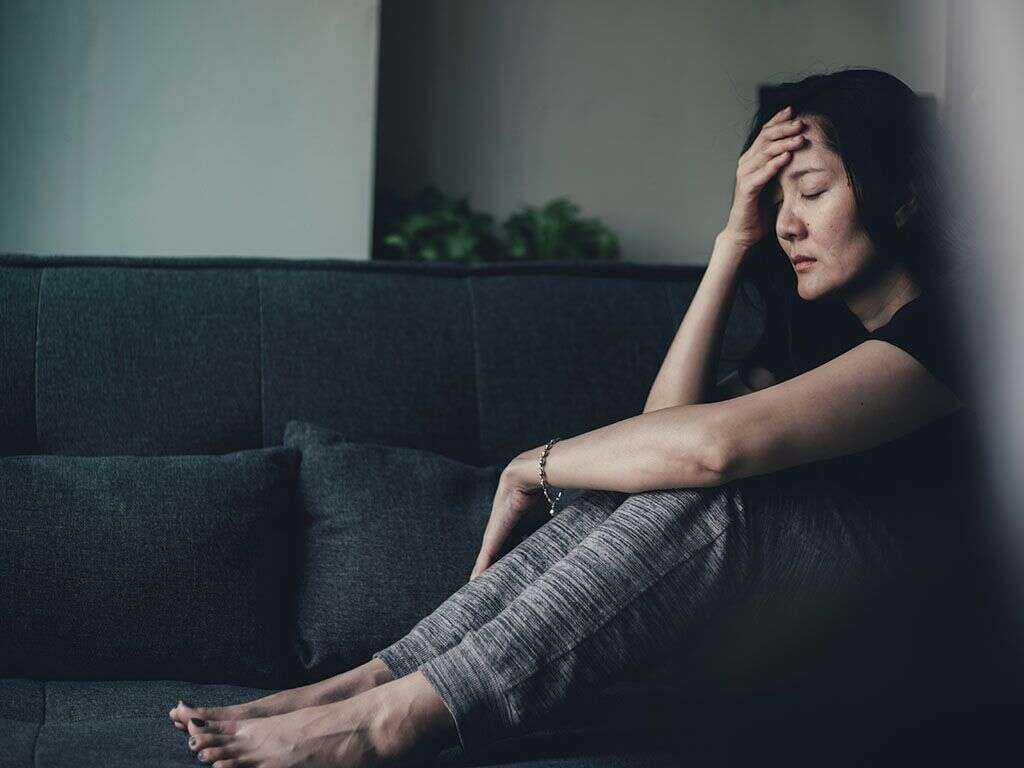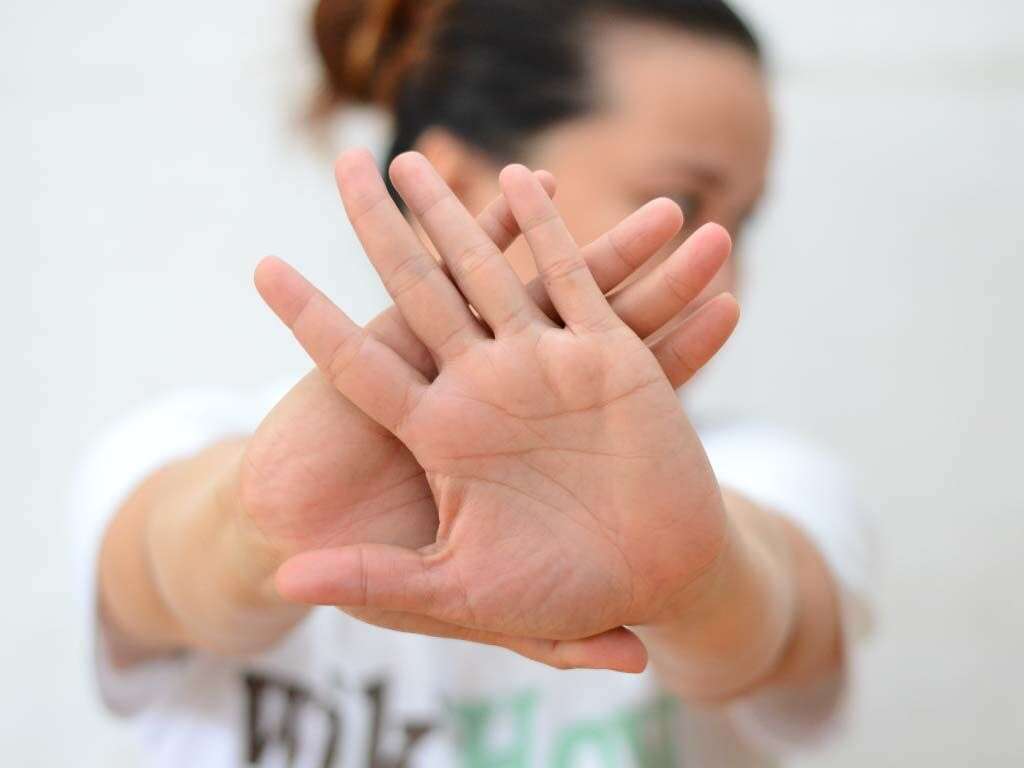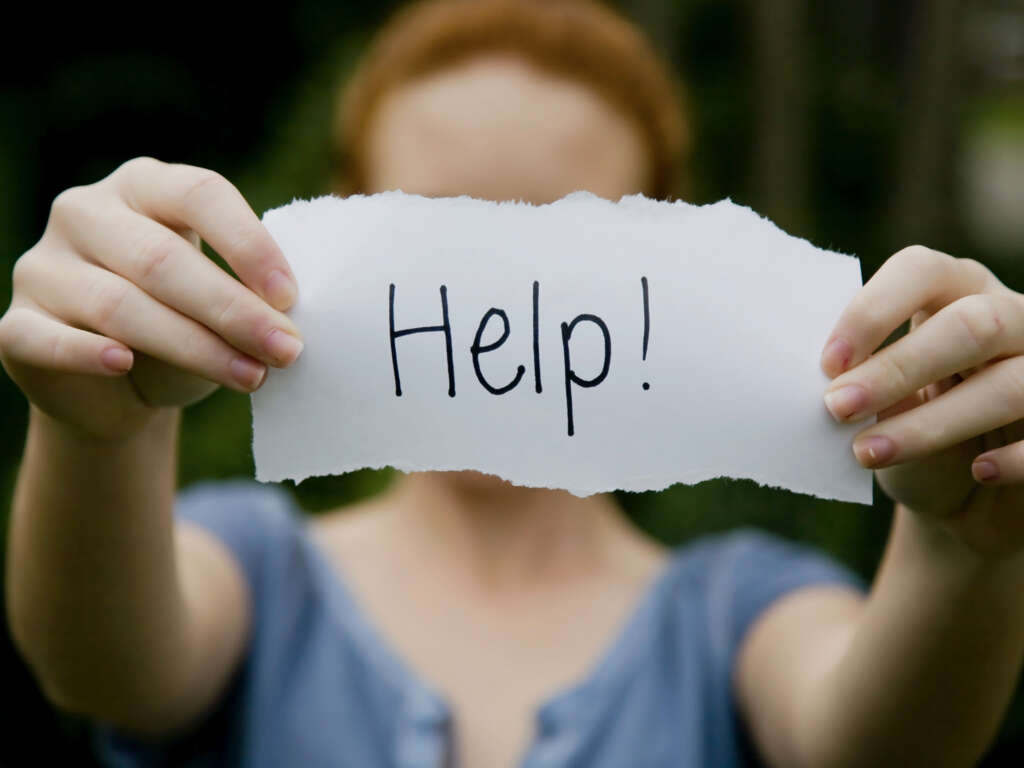10 Physical Signs and Symptoms of Anxiety
 Article Sources
Article Sources
- 1. 'Anxiety Disorders.' Mayo Clinic, Mayo Foundation for Medical Education and Research, 4 May 2018, www.mayoclinic.org/diseases-conditions/anxiety/symptoms-causes/syc-20350961
- 2. 'Calm Your Anxious Heart.' Harvard Health, 1 Oct. 2019, www.health.harvard.edu/heart-health/calm-your-anxious-heart
- 3. 'What Are the Symptoms of Anxiety?' British Lung Foundation, 22 Apr. 2021, www.blf.org.uk/support-for-you/looking-after-your-mental-health/anxiety/symptoms
- 4. 'How to Calm an Anxious Stomach: The Brain-Gut Connection.' Anxiety and Depression Association of America, ADAA, 19 July 2018, adaa.org/learn-from-us/from-the-experts/blog-posts/consumer/how-calm-anxious-stomach-brain-gut-connection
Anxiety is a normal emotional response to a threat or psychological stress. In excess, however, it may severely impact a person's quality of life with physical and psychological symptoms. A racing heartbeat, upset stomach, dizziness and sweating are some common bodily signs of anxiety.1‘Anxiety Disorders.’ Mayo Clinic, Mayo Foundation for Medical Education and Research, 4 May 2018, www.mayoclinic.org/diseases-conditions/anxiety/symptoms-causes/syc-20350961
These symptoms may be intense enough to be mistaken for other illnesses. On the other hand, the person experiencing them may be fully aware of the cause, yet feel unable to manage it. There are many possible causes of anxiety, ranging from stress to medication side effects. While the symptoms can be unpleasant, anxiety is usually a manageable condition.

Fight or Flight
Humans evolved to react almost instantly to threats. In times where danger lurked behind the tree line, this served well as a survival mechanism. In the 21st century, scenarios requiring extra awareness and physical readiness still exist but are thankfully rarer.
What are still present, though, are stress-causing situations. Nowadays, problem anxiety commonly occurs due to perceived threats and a resulting stress response. The body prepares itself to either run away or face the danger. It does this by increasing blood supply to vital organs, speeding up breathing and making someone hyperaware of their surroundings.

Racing Heartbeat
A fast, pounding heartbeat is perhaps the most common physical symptom of anxiety. It's frequently the sensation that people experience ahead of an impending episode. Stressful situations typically cause the release of adrenaline and other hormones, which shunts extra blood to big muscles, giving the best chance of running away or fighting a threat.
This increase in heart rate may vary from slightly elevated to outright racing. In fact, the person experiencing it may be convinced they're suffering from a serious heart problem.2‘Calm Your Anxious Heart.’ Harvard Health, 1 Oct. 2019, www.health.harvard.edu/heart-health/calm-your-anxious-heart
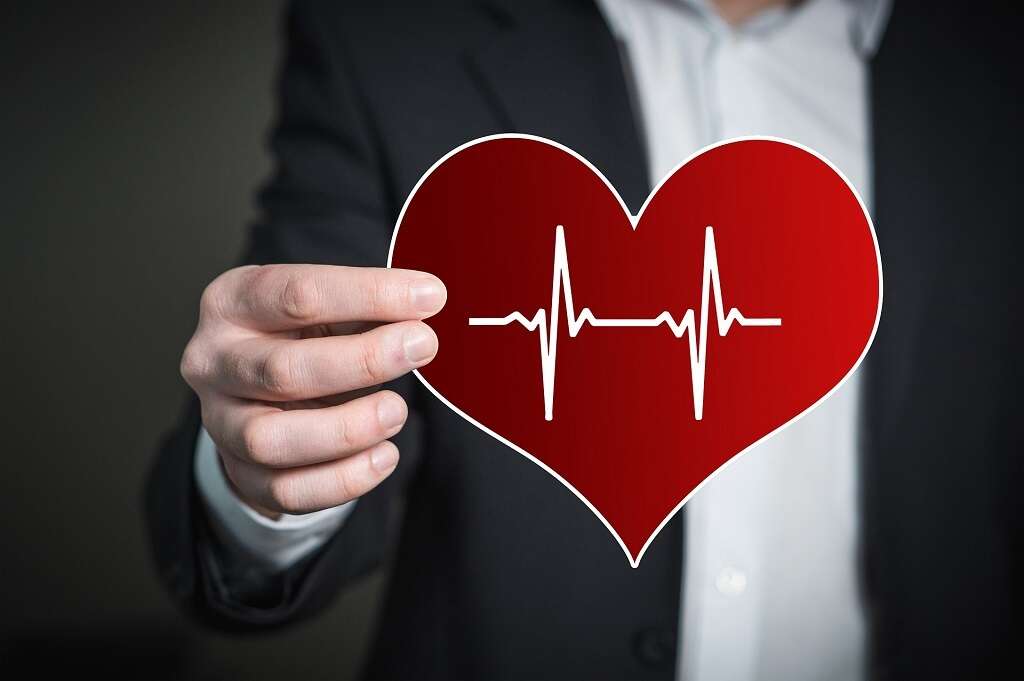
Panic Breathing
Vital oxygen is carried throughout the body via the blood. When anxiety causes someone's heart rate to increase, the rate of breathing quickens to provide more oxygen. Someone in an anxiety attack may feel as if they can't get enough air, increasing inhalation to a fast, shallow pace. Their breathing may feel out of control and uncoordinated.
Breathing too quickly can disrupt the balance of oxygen and carbon dioxide. For these reasons, people undergoing an anxiety attack are advised to actively slow and relax respiration.
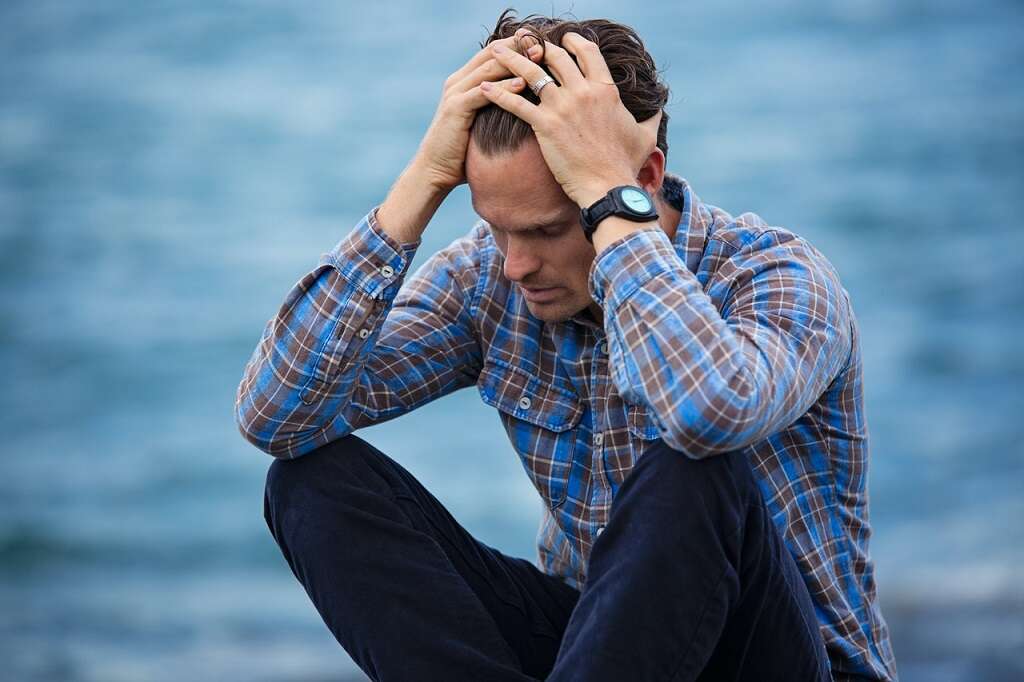
Constricted Chest and Throat
Unfortunately, anxiety symptoms centered around breathing may not stop at hyperventilation. After a period of shallow, rapid breathing, an alarming feeling of constricted chest and throat muscles can occur. This can lead to a panic-inducing sensation of shortness of breath which increases anxiety.3‘What Are the Symptoms of Anxiety?’ British Lung Foundation, 22 Apr. 2021, www.blf.org.uk/support-for-you/looking-after-your-mental-health/anxiety/symptoms
It's important to remember that this symptom is usually temporary and passes when anxiety levels reduce. For asthmatics or those with other respiratory issues, it's advisable to consult a medical professional for guidance.

Excess Sweating
When stress increases, a person's temperature may rise, activating sweat glands all over the body and putting perspiration into overdrive. This can happen while sitting in an exam room, heated car or air-conditioned office. The person experiencing this symptom may become uneasy at the thought of appearing to perspire more, and uncomfortable as their body temperature rises to unpleasant levels.
While this typically isn't serious, it's worth remembering that excess perspiration may start to affect hydration levels, which can make anxiety worse.
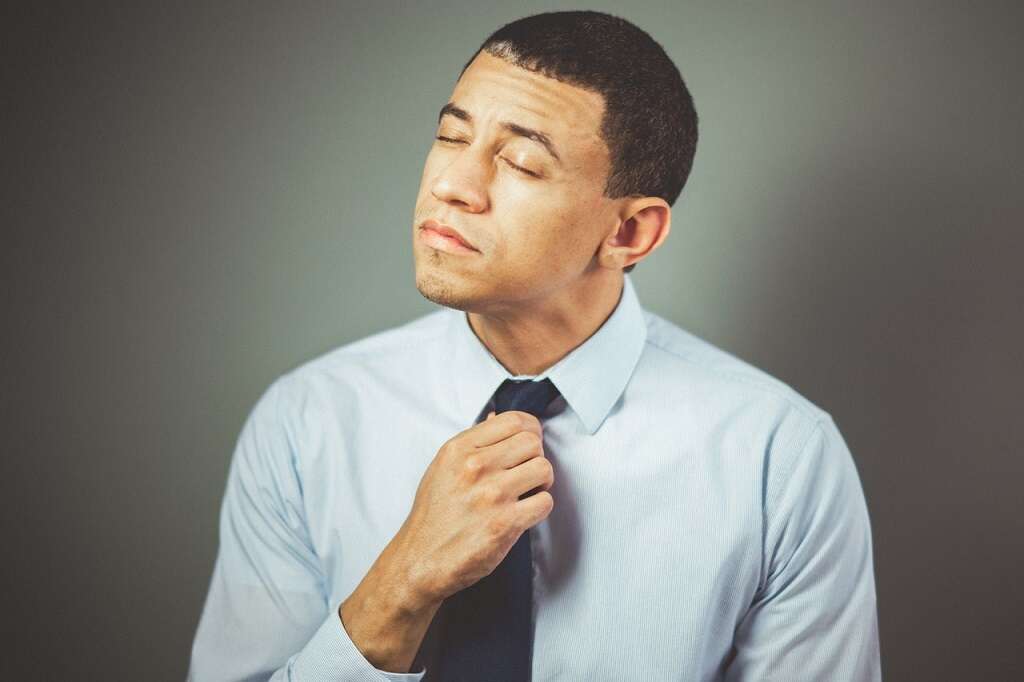
Cold Extremities
In contrast to feeling hot and sweaty, anxiety can also result in cold, numb extremities. The hands and feet may feel markedly chillier than the rest of the body, despite normal room temperatures. It's thought that this may be linked to the fight-or-flight response.
In stressful situations, the body prioritizes pumping blood to essential organs located in the center of the body, away from the extremities. This symptom may be alleviated by taking a warm shower or engaging in gentle activity.

Disturbed Digestion
Digestive system disruption is a common physical anxiety symptom. The need to visit the bathroom may increase, along with a reduced appetite even when meals are missed. This lack of food may interfere with acid levels in the stomach, increasing indigestion.4‘How to Calm an Anxious Stomach: The Brain-Gut Connection.’ Anxiety and Depression Association of America, ADAA, 19 July 2018, adaa.org/learn-from-us/from-the-experts/blog-posts/consumer/how-calm-anxious-stomach-brain-gut-connection
This may be due to a miscommunication between the brain and the nervous system that controls digestion. Essentially, the brain is telling the body that this is an urgent situation, so it doesn't need food right now.

Dizzy and Lightheaded
Feeling lightheaded, dizzy or faint is another common symptom. Some people experience an off-balance feeling, or bouts of vertigo. Others get dizzy, where movement coordination is affected. Some of these signs may be related to changing blood sugar levels, as stress hormones affect how the body releases and uses glucose for energy.
In these situations, a snack or drink with carbohydrates may help if medically appropriate. If the lightheadedness lasts, then waiting for it to pass before engaging in activities may be a good idea.

Restless Sleep
After a day of anxiety, higher levels of stress hormones remain circulating in the body. This can make it hard to get relaxed rest or cause difficulty nodding off and staying asleep. When it does come, sleep may be disturbed or last a short time with a person waking, startled, after just a few hours. To compound this, an increase in nightmares is sometimes reported.
Sufficient sleep is essential for mental well-being, as poor sleep may worsen anxiety levels the next day.

Managing Physical Anxiety Symptoms
Physical symptoms of anxiety can span all bodily functions, from breathing to digestion. Symptoms may be triggered by obvious causes, or by events that seem to have no connection to anxiety. Anxiety may be managed effectively with a range of approaches, such as exercise, counseling and medication.
The method used depends on the underlying causes, and more than one management approach may be needed. Someone with persistent physical anxiety symptoms should consult a trained and qualified therapist or doctor for help addressing the issue.





